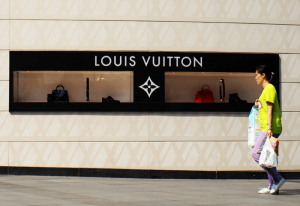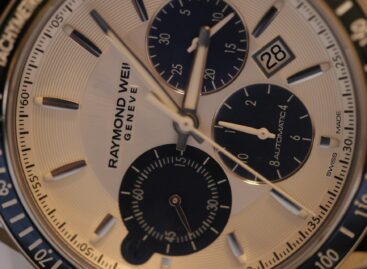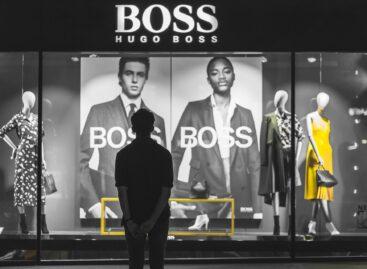Luxury European craftsmanship vs. global pressure – Trump’s new trade plan could shake up the premium fashion sector
European luxury brands are facing a new challenge: Donald Trump’s latest trade plan would require all manufacturing to be relocated to the United States – which goes against one of the most fundamental values of the luxury industry, the “Made in Europe” tradition of craftsmanship. According to the concept, Louis Vuitton or Chanel bags would not be made in workshops in small Spanish towns, but in factories in Texas – something that many brand leaders find almost insulting.
 François-Henri Pinault, head of the Kering group, which includes the Gucci, Saint Laurent and Balenciaga brands, told the French parliament: “It makes no sense to make Italian Gucci bags in Texas.” In his opinion, customers would never accept such products as true luxury – prestige comes not only from the brand name, but also from the origin and craftsmanship.
François-Henri Pinault, head of the Kering group, which includes the Gucci, Saint Laurent and Balenciaga brands, told the French parliament: “It makes no sense to make Italian Gucci bags in Texas.” In his opinion, customers would never accept such products as true luxury – prestige comes not only from the brand name, but also from the origin and craftsmanship.
Outsourcing production not only undermines brand identity, but also poses an economic risk. While demand for luxury goods is more resilient, counterfeits, opaque pricing, and revealing content on social media, especially TikTok, are already eroding trust in secondary markets. For example, China, the sector’s second-largest market, has seen a significant decline in sales, and younger buyers have been particularly sensitive to the economic downturn.
Many of the most expensive brands maintain the illusion of exclusivity by artificially reducing supply: Hermès, for example, often has long waiting lists, while an $11,400 Birkin bag can sell for up to $32,000 on the secondary market—according to analysts, even though it costs less than $1,000 to make. A similar mechanism is at work for Ferrari, where the car brand is now operating more as a luxury company.
The global economic slowdown, weakening Chinese demand and rising trade protectionism could rewrite the definition of luxury. The question is: can the industry maintain its European artisanal character while facing increasing pressure to relocate production and maximize profits? The answer depends not only on the changing tastes and values of the industry, but also on the changing tastes and values of consumers.
Related news
Hugo Boss quarterly revenue falls
🎧 Hallgasd a cikket: Lejátszás Szünet Folytatás Leállítás Nyelv: Auto…
Read more >








